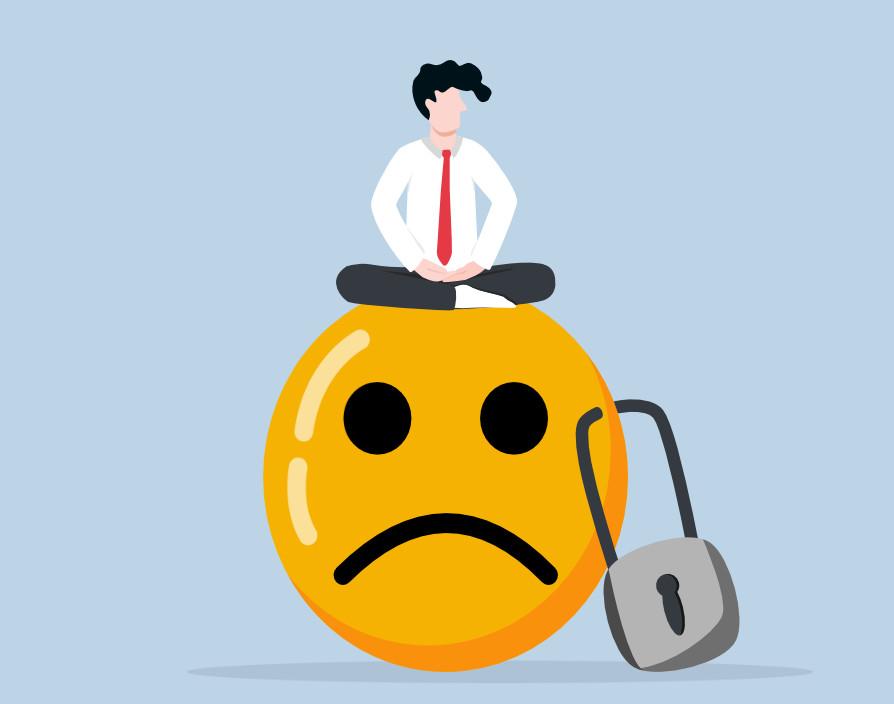If you do not make time for your wellness, you will be forced to make time for your illness.
As I put pen to paper, I am trying to put that very line into practise. I’m lying on the beach on the sun-kissed isle of Gran Canaria. Whilst writing a blog could be seen as ‘work’ by some, I’ve learnt that my brain is hungry for a little creativity, and by putting away the laptop and phone, and using a notepad, it feels like I’m doing just that.
I have to admit, I wasn’t overly clued up on mental health. It’s not something that we are taught, and despite having seen others suffer, I didn’t allow time to consider its implications. I was always too ‘busy’ and thought I would be fine no matter what. After all, everything had always been ‘fine’, and as long as I kept going, that would surely always be the case?
Well, it turns out no, it isn’t. However, I didn’t recognise it. Looking back, I had probably had high functioning anxiety for some time. Coupled with this, I was often tired for no ‘real’ reason – and at the age of 22, I even visited the doctors about this unexplained tiredness. We had a very open conversation and I explained I’d recently been negotiating some multi-million-pound contracts, and, alongside family difficulties, it had been incredibly stressful. The doctor asked me if I thought being ‘signed-off’ for a while would help… But, of course when you run your own business, that isn’t always an option. The business needed me. It was decided a holiday would be a good idea, and, after a week away, all seemed okay again, and I carried on.
Fast forward six years, and I took myself to urgent care, feeling dizzy, faint, and with an impending sense of doom. (Fortunately, I was walking past at the time). I was put on a stretcher whilst my heart raced. The healthcare team was perplexed as to what could be wrong with me… I was an otherwise fit young person. I ended up having involuntary contractions, (which I now know to be a seizure).
At this point I was taken to hospital by an ambulance, and I was convinced there must be something seriously wrong with me. In A&E I had various observations and blood tests, and, as each came back as normal, I was convinced the next test would reveal I was dying.
After 13 hours, I was told all the tests were normal, and that I would be referred to the Seizure Clinic – and in the interim wasn’t allowed to drive. I was convinced they must have missed something, and left feeling exhausted and broken.
I was very fortunate and managed to see a neurologist that week. I struggled with the appointment, having crippling fear and exhaustion – or, what I now know to be anxiety. Following some tests and discussion, the neurologist told me that what I had suffered were ‘non-epileptic seizures’, caused by ‘psychological distress’. In the discussion, one thing we discussed was that in the February, I had been victim of a spiking at a bar in Soho. I had been for drinks with friends, and remember everything until around 12.30, when my Fitbit showed my heart rate rocket from 90 to 167, and then back to 70. I woke in a hospital bed, halfway across London, with no idea how I got there… It transpires this had given me a form of PTSD, ontop of the work burnout – but of course, I had ’just kept going’ until my body refused.
I’m now very aware of what the PTSD looks like, and what my triggers are, along with how to handle them – thanks to a lot of therapy.
As entrepreneurs and business owners, we are probably all guilty of pushing ourselves too hard. I always felt ‘guilty’ about having time off, or a holiday – but these things are so important. It really isn’t possible to just keep going forever, and it’s made me realise how toxic a lot of the ‘hustle’ mentality I see on social media is. No one is capable of working long days every day. Your mind needs to wind down, with time to explore, time to be creative, and time to feel joy.
I worry about the cost-of-living crisis, with the hidden impacts on mental health. Not just the immediate obvious financial stress, but longer term too with people needing to work longer, work multiple jobs, take less holidays and have less joy in their lives.
The main lesson I’ve learned on this journey is that it isn’t just okay to take a day off… its vital. An Olympian’s rest day is just as important as their training days.
If you’ve got to the end of this, make sure to take your break – pop the kettle on, or better still, get out and experience nature. Your brain will thank you for it.
Share via:








































